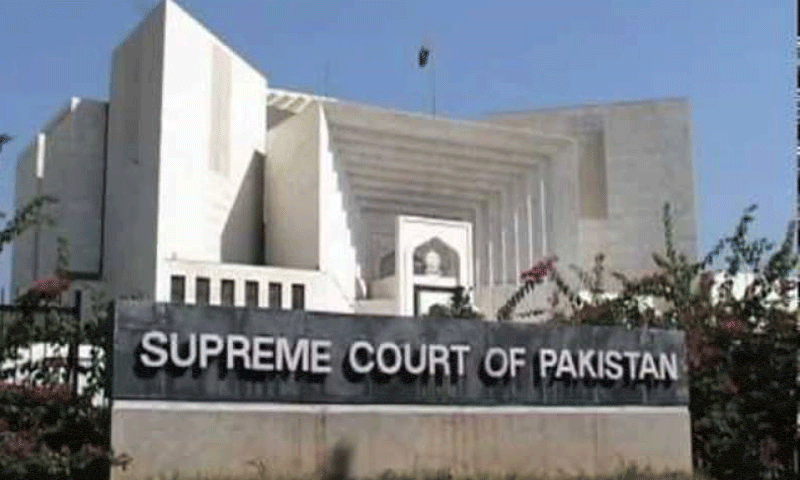ISLAMABAD – The Supreme Court on Wednesday reserved its verdict on appeals regarding the interpretation of Article 62(1)(f) of the Constitution with a view to determining the period of disqualification of a member of parliament.
A five-member bench headed by Chief Justice of Pakistan (CJP) Mian Saqib Nisar and comprising senior justices Sheikh Azmat Saeed, Umar Ata Bandial, Ijazul Ahsan and Sajjad Ali Shah took up a set of 13 appeals.
Attorney General of Pakistan Ashtar Ausaf also appeared before the bench to attend the hearing and submitted his arguments.
https://en.dailypakistan.com.pk/headline/cjp-saqib-expresses-anger-over-ags-no-show-in-disqualification-period-case/
Justice Sheikh Azmat questioned whether the disquisition will be for life under Article 62 (1) (f). In response, the attorney general said that quantum of punishment was not clearly defined in this article.
Ausaf further argued that the parliament is the forum to decide about whether the disqualification will be for life or one term of election.
Petitions
The parliamentarians, who were disqualified for possessing fake degrees, are also among the petitioners. The applications were pending with the apex court for over one year as these were last taken up by then chief justice Anwar Zaheer Jamali.
A debate regarding disqualification period took momentum after former prime minister Nawaz Sharif was disqualified in Panamagate verdict on July 28, 2017 under Article 62 (1) (f).
Pakistan Tehreek-e-Insaf lawmaker Jahangir Khan Tareen was also disqualified by the Supreme Court under the same Article on December 15 last year.
The court had summoned Nawaz Sharif, Jahangir Tareen, and others to take part in the proceedings, but former prime minister excused from participating in the case.
https://en.dailypakistan.com.pk/headline/disqualification-duration-case-nawaz-sharif-tells-apex-court-not-to-partake-in-proceedings/
Article 62(1)(f) reads: “A person shall not be qualified to be elected or chosen as a member of Majlis-e-Shoora (Parliament) unless-…he is sagacious, righteous and non-profligate, honest and ameen, there being no declaration to the contrary by a court of law.”
The article does not specify any time period after which the disqualified person can take part in the election.
Political and legal experts say the ruling on the case will have a significant impact on politics as it will decide the fate of a number of politicians.
The court’s verdict will also help end the controversy once and for all over the period of the disqualification.













